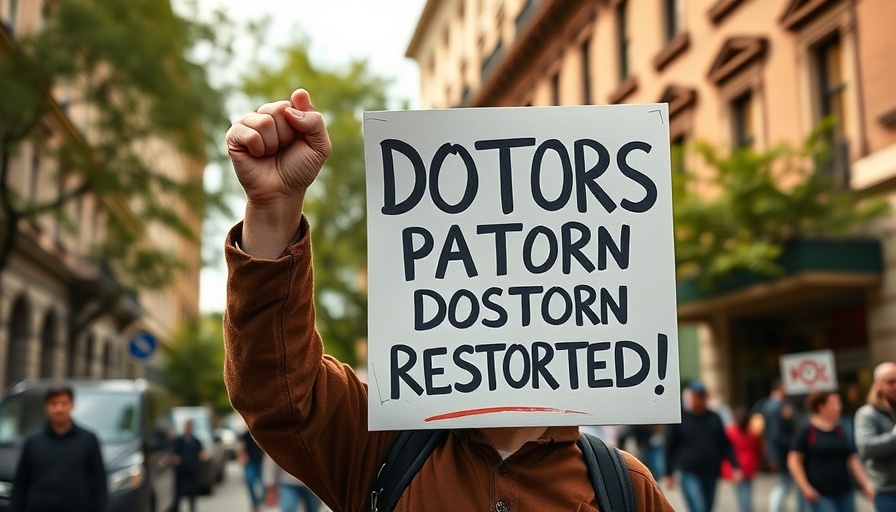
Why resident doctors are striking
The looming strike by resident doctors in England isn't just another headline—it's a cry for justice in a system that has been slowly squeezing them financially for years. Set to begin on July 25, these healthcare professionals are prepared to stage a walkout for five consecutive days. Their demands center around a lack of a credible pay deal for 2025-2026, an issue that has reached a boiling point.
Understanding the pay disparity
The British Medical Association (BMA), representing these doctors, asserts that their salaries are 20% lower in real terms than they were in 2008. Despite receiving a 22% pay rise over the last two years, the value of their earnings has plummeted due to inflation adjustments. To gauge the severity of their situation, consider this: the BMA argues their salaries haven’t just lagged; they have eroded significantly by nearly 20% when measured using the Retail Price Index (RPI), which considers essential costs like housing.
The government, however, takes a different stance. By referencing the Consumer Prices Index (CPI), they argue that resident doctors' current pay rates are fair. This discrepancy in inflation measures is a pivotal factor in the ongoing dispute—a classic example of how statistics can be manipulated to support opposing arguments.
What they earn versus what they deserve
Current figures indicate that resident doctors start with a basic salary of £38,831 in their first year after medical school, which increases to £44,439 in their second. After several years, these figures can rise to around £70,000 per annum—surely appealing on paper. But let's face it, the reality is much harsher. These professionals work an average of 48 hours a week, often enduring night shifts and grueling weekend stints. How can anyone really put a price on their well-being?
Comparative pay rises in other sectors
In May, the government rolled out pay hikes for several public sector employees, which stand at 4% for other doctors, dentists, and teachers. These figures contrast sharply with the gains residents have made, highlighting an alarming trend of disproportionate salary structures across the healthcare system.
If you think a 22% increase is good, consider that it took more than a decade for them to see such rises, despite a stark rise in their workload and responsibilities. The lack of parity across various public sectors raises the question: Are all public employees valued equally, or are we complicit in devaluing those who take care of our health?
Historical context and future implications
The story of resident doctors is a microcosm of a larger narrative unfolding in public health. When the NHS was established, healthcare workers were revered as essential components of society. Fast forward to today, and it seems their remuneration and working conditions tell a vastly different story, defined more by budget cuts and financial constraints than by their crucial role in saving lives.
The erosion of pay directly correlates with the increasing demands placed on the healthcare sector, but the implications don't stop here. If things don’t change, we face a future where attracting and retaining talent in medicine becomes increasingly difficult. Who would choose to endure this stress for meager pay, especially when other professions offer greater financial security?
Decisions you can make with this information
As a health-conscious individual residing in Leicestershire, your voice matters. Understanding these issues isn't just for armchair opinions; it’s about making a tangible impact. Support local healthcare providers, advocate for better funding for the NHS, and engage in community discussions about health policies. It's time to reclaim the conversation about doctor remuneration and working conditions.
As residents prepare to strike, we must ask ourselves—what kind of healthcare system do we want? One where doctors are adequately compensated, or one that continuously undervalues their contributions? The choice is ours, and awareness is the first step to change.
 Add Row
Add Row  Add
Add 




 Add Row
Add Row  Add
Add 

Write A Comment